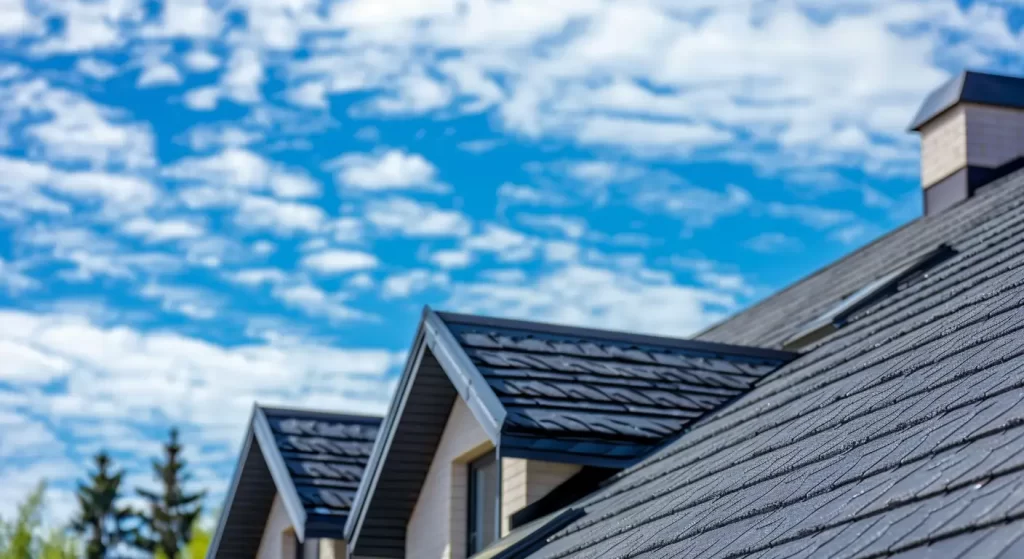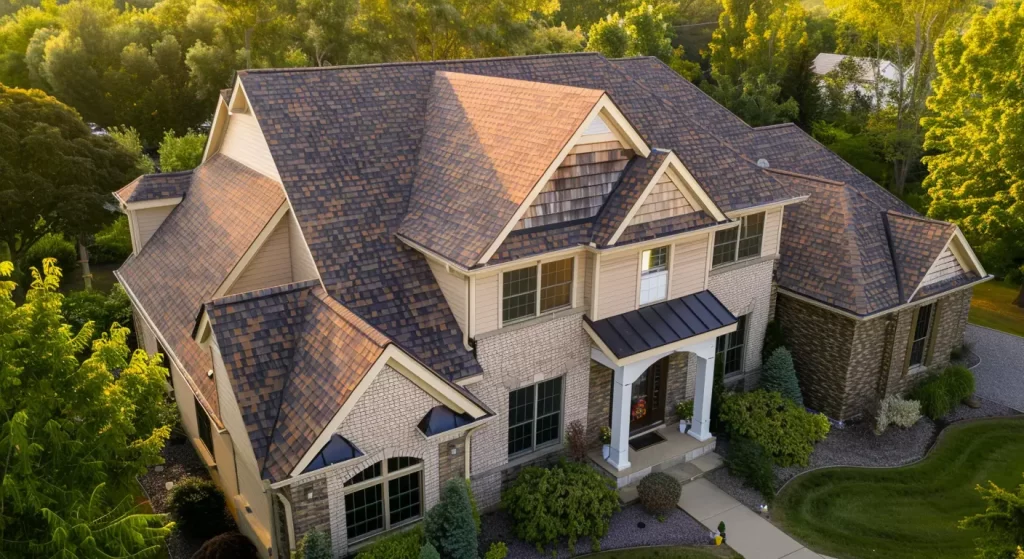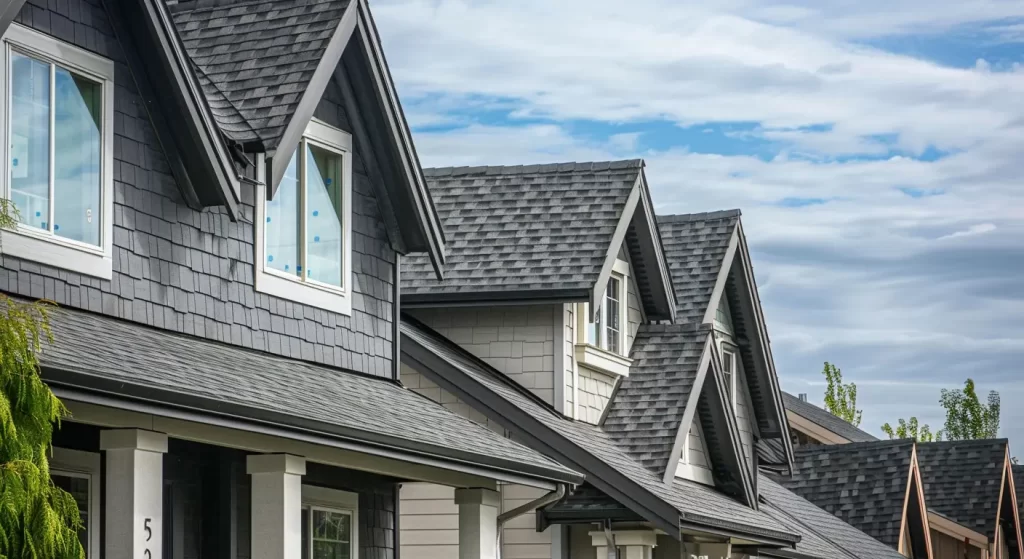Shield Roofing knows that a roofing contract is far more than just paperwork—it’s your first line of defense as a San Antonio, TX homeowner. A well-drafted agreement with your roofing contractor guarantees not only clear expectations but also solid legal protection throughout your project. With over 25 years of experience, our team ensures every detail supports your interests, offering transparency and confidence for your roofing investment. Let’s guide you through exactly what a roofing contract should include so your home is always protected.
Understanding the Importance of a Roofing Contract
A roofing contract is essential for homeowners considering repairs or replacements. It outlines materials, timelines, and costs, minimizing misunderstandings and hidden fees for peace of mind.
While a handshake may seem enough, a detailed contract provides necessary legal protection against disputes. Key elements include the scope of work, warranties, and dispute resolution clauses. Curious about what to look for in a roofing contract? Read on for insights.
Why Every Homeowner Needs a Formal Agreement
Working without a written roofing contract is a risk homeowners shouldn’t take. A formal agreement protects both you and your contractor, clarifying all details before work begins.
Your contract should outline the scope of work, from removing old shingles to applying the final protective layer, preventing disputes over promises made. If a contractor tries to add unlisted charges, your contract provides protection.
Key terms—such as roofing material brands, payment schedules, and company credentials—must be clearly stated. Always require detailed descriptions of labor, warranties, and insurance coverage. A solid roofing contract safeguards your interests and ensures you receive what you pay for.

Common Risks of Skipping a Detailed Contract
Omitting a thorough contract can jeopardize homeowners. Without a detailed agreement, simple projects can turn into costly nightmares, leading to inferior workmanship, pricing disputes, hidden charges, unclear timelines, and limited legal recourse if the contractor fails to deliver. The roofing industry is fraught with scams and communication issues; be wary of vague wording, missing contractor details, or reluctance to provide references. Recognizing these warning signs can help you avoid trouble and find a trustworthy roofing contractor.
Essential Information to Verify Before Signing
Before putting your signature on any agreement, always verify your roofing contractor’s credentials and insurance. This simple step can mean the difference between a seamless project and a financial nightmare.
Certified contractors, like Shield Roofing, should provide proof of insurance, licensing, and references that demonstrate local experience and compliance with San Antonio, TX building codes. Ask for supporting documentation and review it closely to ensure everything aligns with your city’s requirements. Doing so provides vital legal protection and secures your investment.
Contractor Credentials and Certifications
Verifying a roofing contractor’s credentials is crucial for quality and reliability. Our company has over 25 years of experience and holds certifications as an Owens Corning preferred contractor, GAF accredited, and a BBB A+ rating. Affiliations with respected organizations like the Better Business Bureau (BBB) and CTRCA demonstrate our commitment to professionalism and industry standards. These endorsements provide homeowners peace of mind, ensuring compliance with local building codes and best practices. Choosing a reputable contractor safeguards against scams and poor workmanship, guaranteeing high-quality results. Trust us to handle your roofing project with expertise.
Proof of Insurance, Licensing, and Local Experience
Before entering a roofing agreement, it’s crucial to verify the contractor’s insurance and licensing. A reliable contractor should have general liability insurance to cover potential accidents or damages. Proper licensing ensures compliance with local building codes and demonstrates qualifications, enhancing work quality and professionalism.
Local experience is also vital. Contractors familiar with regional weather patterns and regulations are better equipped to handle unique challenges, leading to improved project outcomes. Always request documentation and review online feedback on their past projects for added peace of mind.

Key Elements Every Roofing Contract Must Include
A robust roofing contract outlines every essential detail of your project, leaving nothing to chance. The agreement should specify the project scope, materials, and expected quality of the work, following industry best practices.
Review your contract for clearly defined terms around the project timeline, pricing, warranties, and cleanup obligations. If you’re wondering what elements are non-negotiable, rest assured that a well-structured roofing contract is your best tool for avoiding disputes and ensuring a smooth, successful process. Next, let’s break down these elements in detail.
Project Scope, Detailed Materials, and Workmanship
A comprehensive roofing contract clearly outlines the project scope, detailing each phase from start to finish. Homeowners should expect specifications on materials, including shingle types, metal roofs, ventilation systems, and underlayment. This ensures contractor reliability and work quality.
Understanding workmanship standards is equally crucial. A reputable contractor will define expectations for cleanup, disposal, and completion dates, providing peace of mind. Clauses regarding changes, contingencies, and milestones help prevent misunderstandings and protect your interests. By emphasizing detailed materials and craftsmanship, homeowners can safeguard against poor workmanship and disputes, ensuring the final result meets or exceeds expectations.
Start Dates, Completion Timeline, and Factors Affecting Schedules
Clear start dates and timelines are crucial for roofing projects. Homeowners should receive a detailed schedule from their contractor, outlining key milestones like the projected start date, material delivery, installation, and cleanup.
Schedules can be affected by weather and material availability, as well as unforeseen challenges such as structural issues. Maintaining open communication with your contractor about potential delays fosters clarity and reassurance. Clearly stating these elements in the written contract helps prevent misunderstandings and enhances the professionalism of the roofing company.

Warranties, Guarantees, and Post-Project Protection
Warranties and guarantees are essential parts of your roofing contract, offering assurance that the investment in your roof is protected long after the job is done. Both manufacturer warranties and craftsmanship guarantees should be clearly stated.
Ask for specifics about what is covered, for how long, and what to do if a problem arises. Including these details ensures you have post-project protection and confidence in the quality of the work. Now, let’s review what to look for in these critical warranty sections.
Types of Warranties Offered (Materials & Labor)
Understanding the types of warranties offered by roofing contractors is vital for homeowner peace of mind. Typically, warranties encompass both materials and labor, ensuring protection against defects and poor workmanship. Material warranties often come from manufacturers, covering issues like faulty shingles and underlayment. Labor warranties guarantee the quality of the work performed by the roofing company, usually spanning a specific timeframe post-installation. A detailed contract should outline these warranties for clarity and legal protection against potential disputes.
What to Look for in Warranty Exclusions and Maintenance Clauses
Understanding warranty exclusions and maintenance clauses is crucial for protecting your roof investment. Agreements often state that improper installation or neglecting maintenance can void coverage. Homeowners should carefully review these documents to avoid missing conditions that could jeopardize their legal protection.
Focus on clauses outlining maintenance responsibilities, as they detail the homeowner’s obligations post-installation. Check for definitions of poor workmanship and dispute resolution processes, including mediation. Warranty documentation should clearly specify covered work, materials, and potential exclusions, ensuring clarity for managing future claims and providing peace of mind throughout the roofing project’s lifespan.

Homeowner’s Checklist for Reviewing Roofing Contracts
Before you sign anything, a thorough review of your roofing contract is a must. Use a step-by-step checklist to confirm everything matches your expectations and protects your interests.
Best practices include verifying the contractor’s details, cross-checking material specifications, and ensuring payment terms are fair. Always read each clause carefully, clarify any unclear language, and keep records of all signed documents. A comprehensive checklist puts you in control, helping you confidently review and finalize your roofing contract.
Questions to Ask Before Signing
Homeowners should thoroughly vet contractors before signing a roofing contract. Request proof of insurance and licenses to confirm legitimacy, and inquire about their experience with local building codes and materials. Ask about project details, completion dates, warranties, and potential exclusions to avoid misunderstandings.
Seek references or check online reviews to assess the company’s reliability and work quality. Establishing open communication ensures homeowners feel secure and informed, leading to a successful roofing project with minimal risks.
Red Flags and How to Compare Bids
Identifying red flags in roofing bids is essential for homeowners seeking trustworthy contractors. Unusually low prices may indicate poor workmanship or scams, while vague bids can lead to misunderstandings. Comparing multiple bids helps assess quality against cost.
Watch for inconsistencies in project details like timelines and cleanup procedures. A reliable contractor should provide complete contact information and proof of insurance. Pay attention to warranties, noting any exclusions or ambiguities. Prioritizing clear communication enhances legal protection and peace of mind during the roofing process.

Contact Us
In conclusion, a well-structured roofing contract is vital for protecting your investment and ensuring a smooth project. By understanding key elements like contractor credentials, project scope, and payment schedules, homeowners can avoid pitfalls and align the project with their expectations. A detailed contract safeguards your interests and fosters clear communication with your contractor. At Shield Roofing, we provide transparent contracts that reflect our commitment to quality. If you have questions or need help reviewing your roofing contract, contact us for a free consultation today!
Read our blog: Passive vs. Active Roof Vent Systems: Which Is Best?
Frequently Asked Questions
How to write a contract for roofing?
To write a roofing contract, specify the full scope of work, materials, start and completion dates, payment schedules, warranties, and dispute resolution steps. Use clear language and reliable templates to ensure legal protection and follow industry best practices for both contractor and homeowner.
What does a typical roofing contract look like?
A typical roofing contract is a formal document detailing the work description, materials, pricing, milestones, payment terms, warranties, and cleanup responsibilities. It provides clarity, sets expectations, and ensures both parties are legally protected throughout the roofing project.
